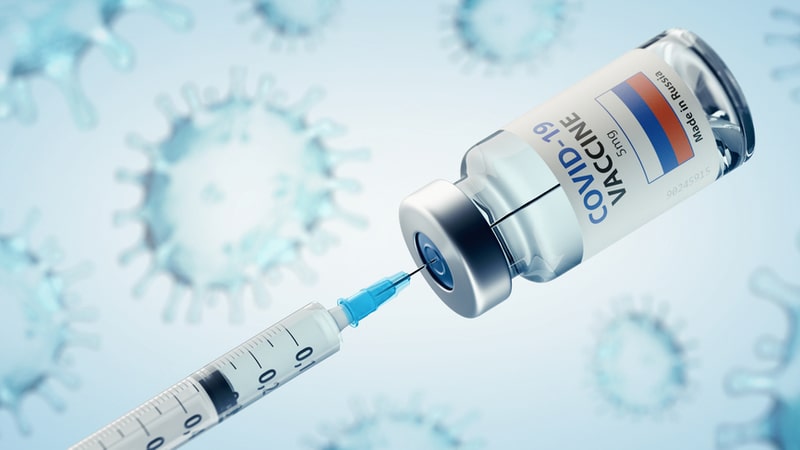
Vaccines play a crucial role in keeping communities healthy, but vaccine development remains expensive and complex. In the wake of the COVID-19 pandemic, the Government Accountability Office (GAO) conducted a review that identified innovative technologies and approaches that may help speed vaccine development for high-priority infectious diseases.
In the report, GAO urged policymakers to help address challenges that hinder vaccine development technologies, approaches, or economic challenges.
Technology has played a huge role in vaccine development and helped researchers to develop COVID-19 vaccines faster than ever before. For example, reverse vaccinology “uses computer-based analytics to assess a pathogen’s genetic information to accelerate understanding of pathogens and their antigens.” Additionally, AI and machine learning can be useful to analyze large amounts of data during preclinical studies and clinical trials.
“Technologies and approaches for vaccine R&D [research and development] may help researchers, developers, or other scientists better identify and characterize pathogens and their antigens—the components of the pathogen that stimulate an immune response—and determine how the human immune system responds to pathogens,” the report says.
“However, the use of some technologies may be affected by their inherent technical limitations, complexity, and high cost,” GAO said. “Further, while policymakers—which include Congress, Federal agencies, state and local governments, academic and research institutions, and industry—have supported vaccine R&D for many infectious diseases, it is not clear the extent to which they have prioritized specific potential pandemic pathogens for vaccine R&D.”
GAO made nine new policy recommendations for policymakers to address these challenges.
Specifically, two policy options aim to help address challenges with developing vaccines for infectious diseases. One is to prioritize infectious disease pathogens, encouraging policymakers to collaborate across sectors to prioritize pathogens with pandemic potential. The second is to improve preparedness, such as providing funding and support to address priority pathogens.
The next set of recommendations aim to address challenges related to vaccine testing. One action is to further support the development of data standards, for use in clinical trials. Another is to “study feasibility of using common control groups and standardized assays,” during both pandemic and non-pandemic scenarios.
The next set of recommended actions aim to address challenges related to vaccine production. One is to routinely assess vaccine manufacturing capacity and operational readiness. The second is to improve preparedness, ensuring manufacturing capacity can respond to surge requirements.
Finally, the last set of actions aim to address economic challenges related to vaccine development. One recommendation is to evaluate factors that discourage vaccine investment. The second is to evaluate mechanisms for increasing vaccine investment. And the third is to evaluate the authority of relevant agencies to incentivize vaccine development.
GAO provided a draft of the report to the Department of Defense (DoD) and the Department of Health and Human Services (HHS) for review. DoD concurred with the recommendations but did not provide commentary. HHS provided technical comments to the draft report, which GAO “incorporated as appropriate.”
